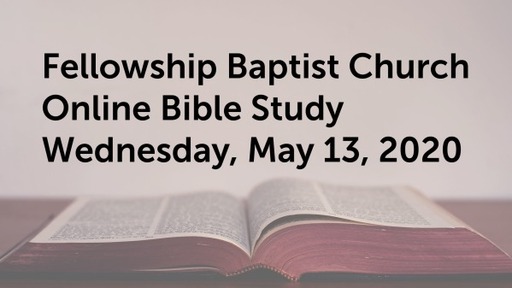The Answer is Prayer

How are you doing?
The Answer to Difficulty: Prayer for Deliverance/Endurance
Perhaps James would include petition to God to remove the trial. But James’s concern when he deals with trials elsewhere (1:2–4, 12; 5:7–11) is to encourage believers to endure the suffering with the right spirit and with a divine perspective on history. Presumably, then, the prayer that he encourages here is for the spiritual strength to endure the trial with a godly spirit.
The Answer to Good Circumstances: Prayer of Praise
Giving praise to God, like our petitions for sustenance in times of trouble (proseuchesthō, “pray,” is also present tense), should be a regular part of our lifestyle
The Answer to Sickness: Prayer of Healing
James does not recognize the distinctions we might make today between spiritual illness and physical illness. Both conditions threatened the individual and the community of believers, and both called for intervening prayer. Requesting help reflects an individual’s recognition that they cannot overcome their situation alone. The response of the elders to pray for and anoint them reflects putting faith into practical action
We must conclude that anointing is not required for healing, but it is a commendable practice (especially for serious illnesses) for its symbolic value and because it enables us to focus our prayers more thoroughly. I would recommend fasting along with it, as it symbolizes the surrender of life’s necessities in order to worship God and depend only on him.
